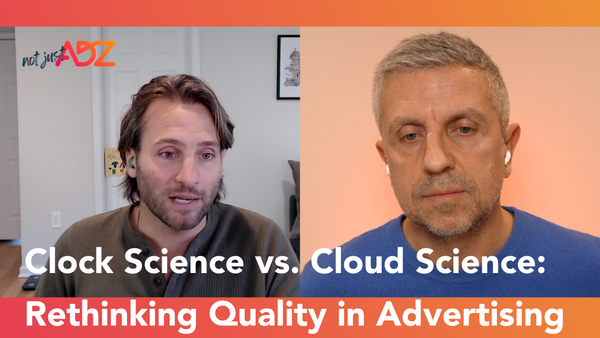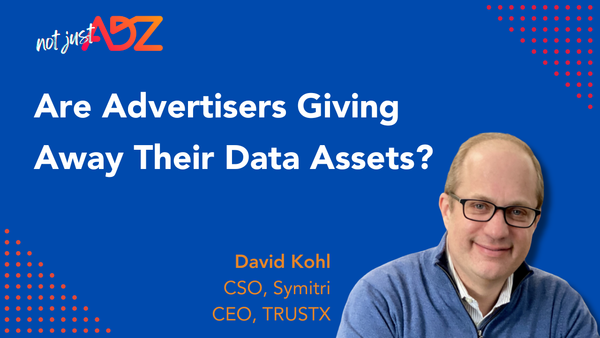Media, Not Ad Slots, Is The Product | AdExchanger
Many media owners still struggle to see the long-term opportunity in front of them.

Many media owners still struggle to see the long-term opportunity in front of them.
But I am filled with hope when I hear that some “media owners are building walled gardens,” explicitly to counteract the future absence of third-party cookies, almost two years after we began advocating for it.
However, media owners shouldn’t be rethinking their business models only as a reaction to privacy regulations and browser changes. There is a fundamentally more critical reason for them to reinvent their businesses: the current state of media and its sustainability.
Powerful tactics, such as overcoming the browsers’ limitations, adopting identity resolution and enriching data transparently and securely, will be simple variations of the status quo if the current power dynamics are also maintained. It will slowly kill quality media, and digital advertising with it. Media companies must act decisively because advertisers’ budgets are getting siphoned away and users alienated, all due to the imbalanced and unethical nature of today’s digital ecosystems.
Media owners will not solve their problems by delegating the solution to those with different business models, such as ad tech vendors or even advertisers. But many should be weary of their own ad executives — especially those who contributed to media’s current struggle for survival — and question their ability to somehow steer a boat they pointed in the wrong direction in first place.
In the last decade or so many media owners’ business models and overall commercial visions have been internally taken over by ad executives, some with shallow or no media experience and a cult-like approach that blinds their judgment and narrows their view of the future.
A sustainable future for media cannot be envisioned and executed when there is greater belief in the sale of ad slots than a thriving media product that provides quality experiences to audiences.
In the last 15 years, most media owners’ product has been the ad slot, not media. Those who should have been seen as customers — readers, viewers, listeners and players — have been treated, more often than not, as datapoints and IDs.
Media owners must not only wipe out advertising from their strategies, but also eradicate the “ad exec mentality” from their buildings. Then, starting from a clean slate, they can plug advertising back in, rethought from the ground up and strategically managed.
Media brands cannot afford to have ad executives obsessed with infinite reach and user value extraction holding the monetization keys and being the gatekeepers of the audience relationship. It is bizarre to allocate money and resources to acquiring new subscribers and customers, just to have them hammered with bad practices and ugly experiences by someone in the same building.
It’s not just limited to the user experience. It is an act of self-harm to have editorial teams producing high-quality content that educates audiences and denounces bad practices in the handling of personal data, while their colleagues on the advertising team are employing the same practices. And the list could be much longer …
Product (media) and the audience must return to being the two sacred pillars that no ad executive can trample on. Media owners must break down the internal silos and involve the different parts of the company, including content producers, in the design and implementation of new business models and monetization strategies. CMOs and marketing teams should be in charge of every single audience touchpoint in the pivoting process from user to customer.
As I said, advertising should eventually be added back into the strategy, but always supervised by those who have the product and audience at the heart of their mission.
Advertising is not what will save media, but media is the backbone of quality advertising environments.
And while media owners’ walled gardens are a promising development, there is also a threat that comes from within: While the objective is to build quality through standards, exclusivity and (relative) “scarcity,” some - often individual media owners — would like to have their own separate key to the garden and even leave the door open, perpetuating the bad practices that almost killed them.
As always, short-termism can offset the pioneering work of a few wise ones who understand that only a radical change can save media.
Originally published at https://www.adexchanger.com on February 28, 2020.





